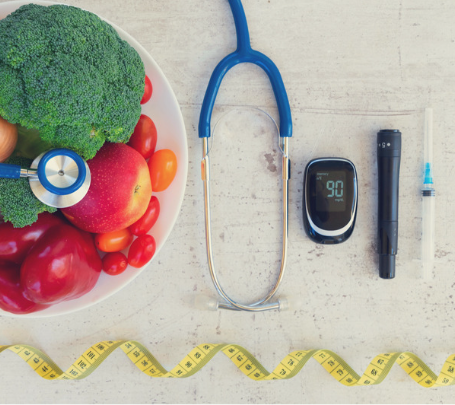
GROW
Gestational Diabetes and Related Outcomes among American Samoan Women
Supported by the US National Institute of Diabetes, Digestive & Kidney Diseases (NIDDK)
“When women thrive, all of society benefits” - Kofi Anan
-
As many as 42% of American Samoan women develop gestational diabetes in pregnancy, which substantially elevates their risk of progressing to Type 2 diabetes after birth. We identified a novel missense variant (rs373863828) in the CREBRF gene that is common among Pacific Islanders, including American Samoans. The CREBRF variant is associated with increased body size, but is paradoxically protective against T2DM, making it an attractive potential biomarker of diabetes risk. The impact of the CREBRF variant on risk of gestational diabetes, progression to postpartum T2DM, and the variant’s mechanism of action remain unclear. This study will attempt to answer those questions.
-
We will recruit a prospective cohort of 350 pregnant American Samoan women enrolled in the first trimester and followed until 18 months postpartum. Throughout pregnancy and postpartum we will monitor glucose homeostasis (frequently sampled oral glucose tolerance tests, HbA1c, and continuous glucose monitoring) and insulin response. We will use cutting-edge statistical approaches to examine how changes in glucose homeostasis and insulin secretion/action associated with CREBRF, which are not currently captured by routine 24-28w oral glucose tolerance tests, influence GDM and postpartum T2DM risk.
-
We believe that this work has the potential to shift clinical practice and reduce diabetes disparities by proving insight into the potential for CREBRF to serve as a genetic biomarker of GDM or T2DM risk. More broadly, uncovering important knowledge about how the CREBRF variant regulates glucose homeostasis may inform pharmacogenomic approaches and future diabetes drug targets for all populations.
Recruitment begins in February 2025!
-
We will recruit women in American Samoa who are up to 14 weeks gestation at the time of study enrollment. Women must not have been diagnosed with diabetes and must be expecting a single baby.
-
The study involves seven visits: three during pregnancy and four after the baby is born (up to 18 months after birth). At each visit we will collect various measures of glycemic control, take physical measurements, and ask participants to complete study questionnaires.
-
If you are interested in participating in the study, please email growstudy@yale.edu. If you are interested in data from the study or getting involved in the research, please click 'Contact' at the top of this page.

